We’re all different. Even identical twins are unique. These differences stem in part from our genetic profile, but also from our different life experiences and social circumstances.
Because we’re different, it’s no surprise that we experience different levels of mental wellbeing and different odds of experiencing a mental health condition.
It might be helpful to think of these as different sides of a scale that can balance each other out. So even if you start with a higher risk of developing a mental health condition, having high levels of positive mental wellbeing on the other side can prevent your scale from ‘tipping’ towards anxiety or depression.
Regardless of your genetic profile, life experiences or circumstances, your mental wellbeing is not fixed or predetermined. It can always grow and get stronger.
The first step is to understand your risk and how to reduce it – then to recognise your strengths and how to build on and use them.
Family history
Any of us can experience poor mental wellbeing or a mental health condition, particularly in the face of significant stress or adversity. However, people with certain genes are probably more predisposed to becoming unwell.
Research shows that there is not one single gene that controls mental wellbeing or leads to a mental health condition, but rather multiple genes combine together to increase or decrease the odds.
Currently there is no way to accurately predict your risk, but your family history can provide a starting point. If several of your close relatives have experienced mental health conditions, you may be at higher risk. It’s worth being aware of this inherited risk so you can put extra effort into protecting your mental wellbeing – much in the same way you might be extra careful about your diet if you had a family history of diabetes.

But it’s important to remember that our genes are not our destiny.
Even if you’ve inherited the genes linked to a particular condition, whether they’re turned on or off depends on numerous other factors including our own actions and the social environments around us. Mental health conditions are not inevitable and prevention is possible.
Trauma and other negative early life experiences
Negative life experiences – particularly when you’re young - also influence your mental wellbeing and risk of experiencing a mental health condition. High levels of stress during childhood or adolescence can have a very negative impact on the developing mind and brain. This can lead to problems – either at the time they occur, or later in life.

Certain experiences are particularly harmful and increase the risk of poor mental wellbeing and mental health conditions. These include issues such as:
- child neglect or abuse
- exposure to domestic violence
- bullying and cyberbullying
- living in poverty
The more of these experiences a young person faces growing up, the greater the risk.
However, while some people who face these sorts of challenges during childhood experience poor mental health, many do not. They are able to draw on personal characteristics and external supports to keep them resilient and thrive against the odds.
Our early life experiences may shape us, but they don’t define who we are, or who we become.
Transitions and major life events
Serious challenges like the death of a child or partner, separation and divorce, retrenchment and unemployment, becoming homeless, or living in chronic poverty can all affect our mental wellbeing. Even exciting transitions we expect to feel stoked about – such as becoming a parent or starting a new job – can be unsettling and take us out of our comfort zone.

While most people get through these difficult times just fine, remember that negative life events and major life transitions are times of high stress. It’s important to stay alert, monitor your mood, and maintain or ramp-up your strategies for keeping mentally well to counteract the extra stress you’re experiencing.
Personal strengths
Over recent decades, researchers have been increasingly interested in trying to nail down exactly what causes good mental health. Much of this work has been championed by psychologists connected to a new branch of psychology called ‘positive psychology’.

Positive psychologists believe that one way to build mental wellbeing is to work on our strengths rather than simply correcting our limitations.
Identifying strengths
We all have strengths. We might be generous, funny, smart, creative, athletic, good with our hands, a problem solver, or have other positive qualities.
Cultivating and using our strengths gives us confidence in ourselves and our place in the world. Recognising that we all have strengths and that yours are different to others – rather than better or worse – allows you to be yourself. This means we’re likely to worry less about what others think or say about us – which is a potent contributor to low self-esteem, anxiety and depression.



